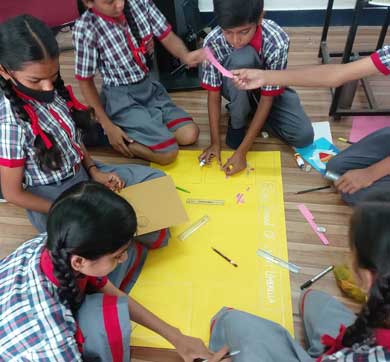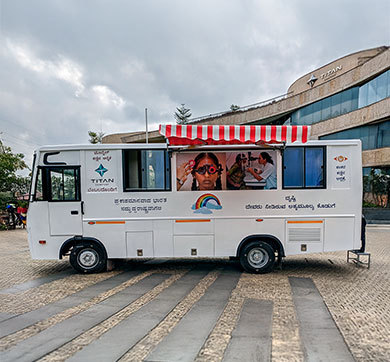August 2025 | 1502 words | 6-minute read
The Tata Group has been steadfast in empowering and uplifting some of the most vulnerable groups. We highlight how companies’ CSR programmes are making an impact on individuals through all phases of life.
Nurturing new beginnings: Maternal and childcare
As per UNICEF, India accounts for one-fifth of global births, with ~2.6 crore babies born annually. In 2010, an alarming 12 lakh births would have resulted in death, as the infant mortality rate (IMR) was 47 (per 1,000 newborns) then. In Seraikela, Jharkhand, matters were far worse, with an IMR of 53. To address this core developmental challenge, in the areas in which it operates, Tata Steel Foundation (TSF) launched MANSI (Maternal and Newborn Survival Initiative) in 2011.
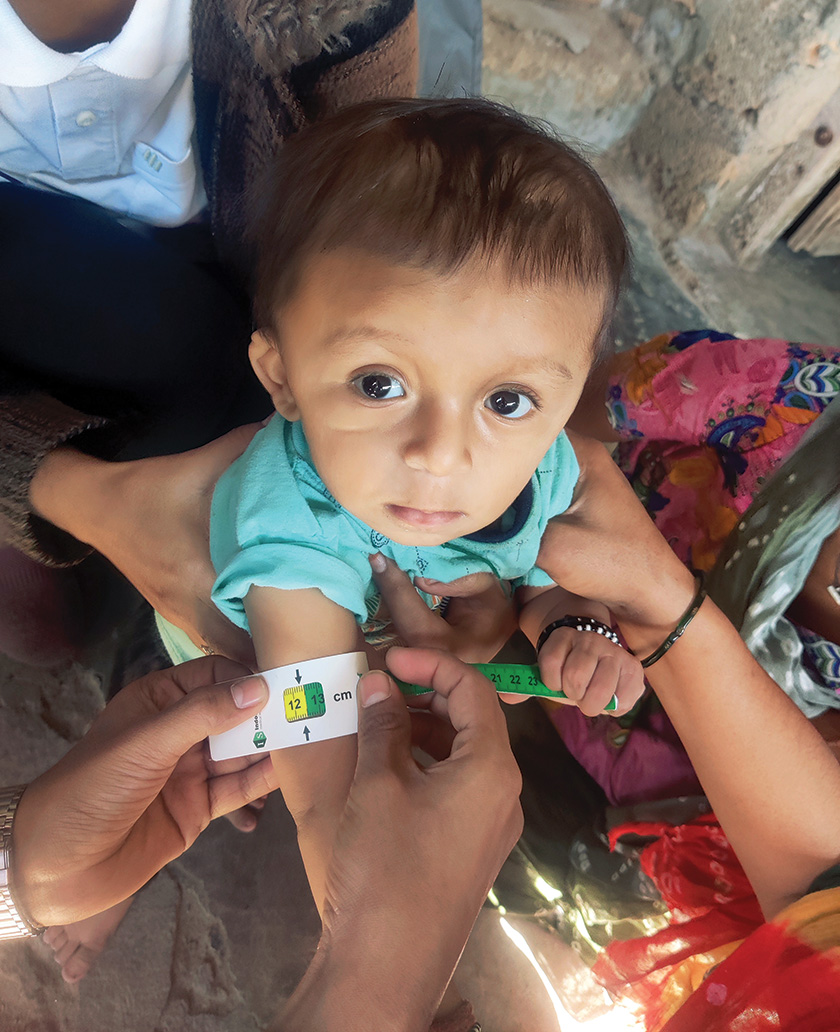
Studies showed that more 95% of infant deaths were due to low birth weight, pneumonia, infection, asphyxia, and prolonged delivery — all preventable through timely interventions by community health workers or Sahiyyas. MANSI empowered Sahiyyas with in-person training, leading to a 55-60% drop in overall mortality rates within five years. Today, MANSI has scaled up to 1,686 villages, covering 2.2 lakh households in Jharkhand and Odisha.
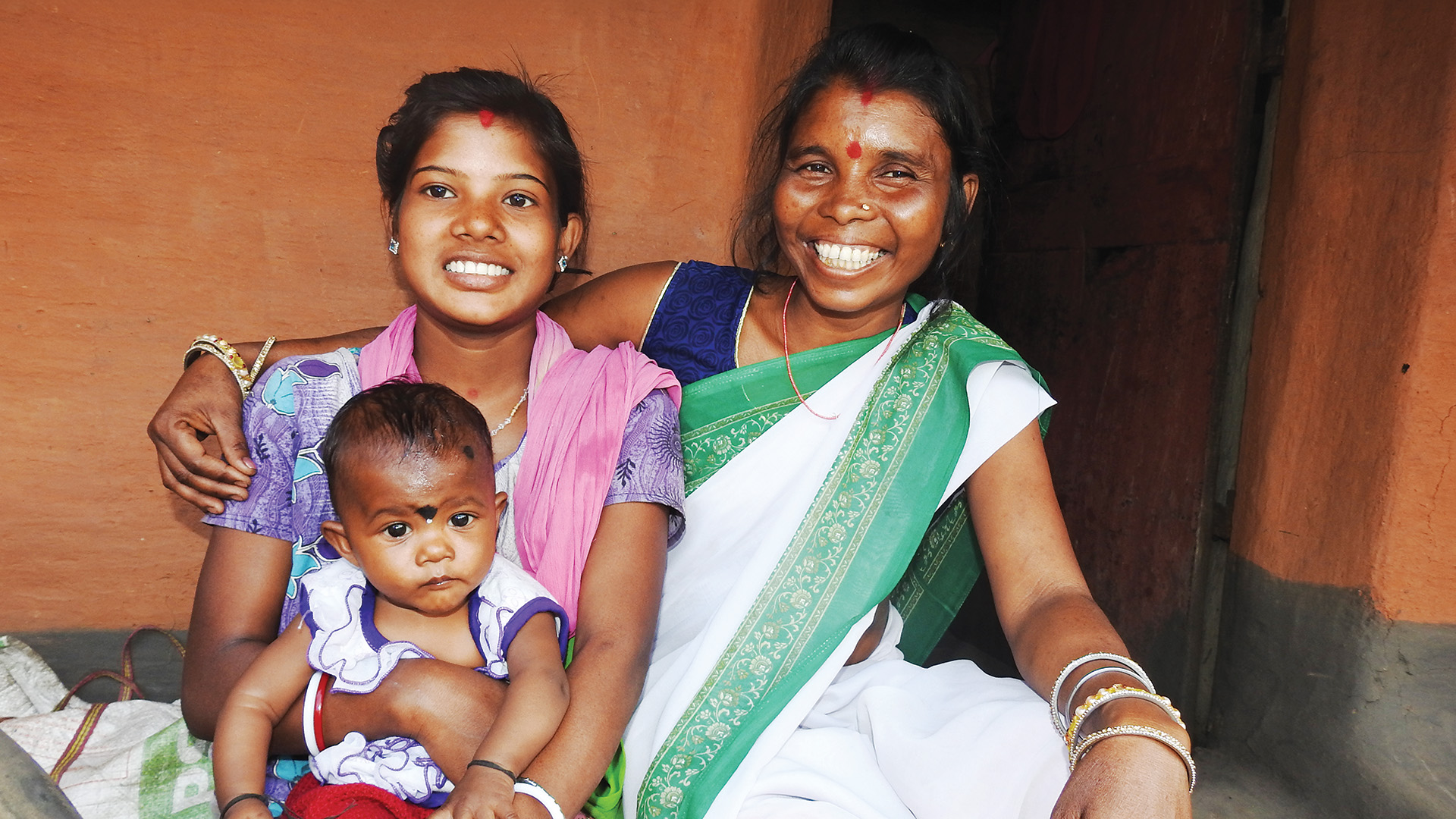
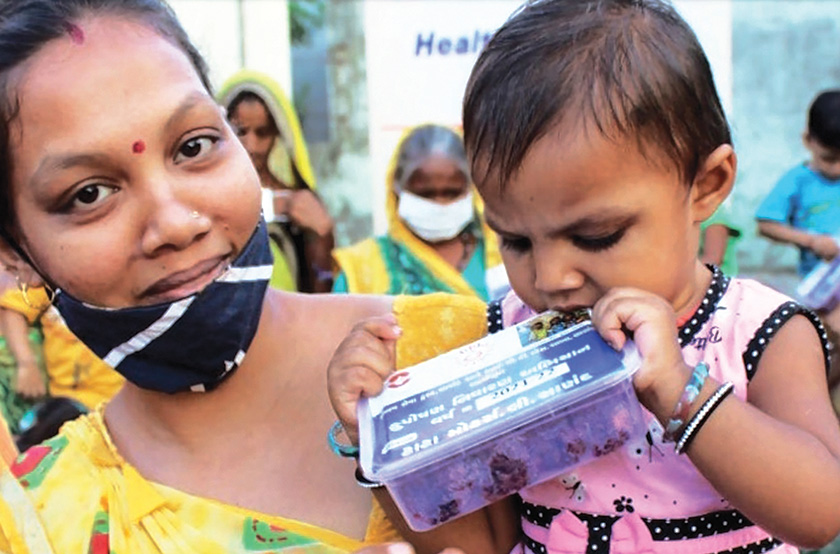
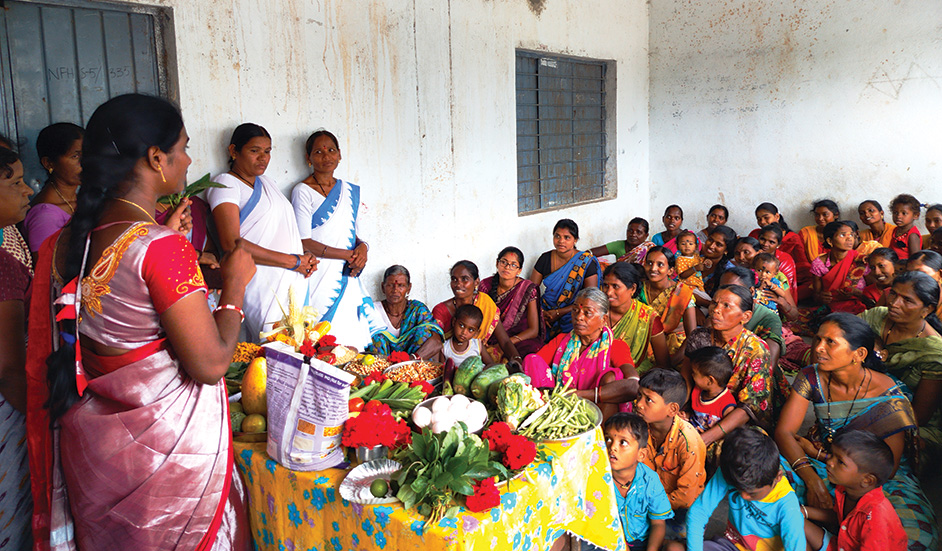
Similar work is being undertaken by Tata Projects through its Integrated Maternal and Child Health Programme, which aims to lower infant and child mortality rates in Odisha and Telangana. Its interventions in 375 villages, in partnership with CARE India Solutions for Sustainable Development, have impacted ~10,000 lives.
Tata Motors and Tata Chemicals are tackling another major public health concern in children under six — severe acute malnutrition (SAM). While Tata Chemicals provides assistance and healthcare services to pregnant women and children suffering from SAM in 42 villages in Okhamandal and 4 villages in Kalyanpur, Tata Motors’ Aarogya educates young mothers on diets and supplements and offers antenatal and postnatal services at its malnutrition treatment centres. Aarogya initiatives have reached 5.7 lakh people over the last 10 years.
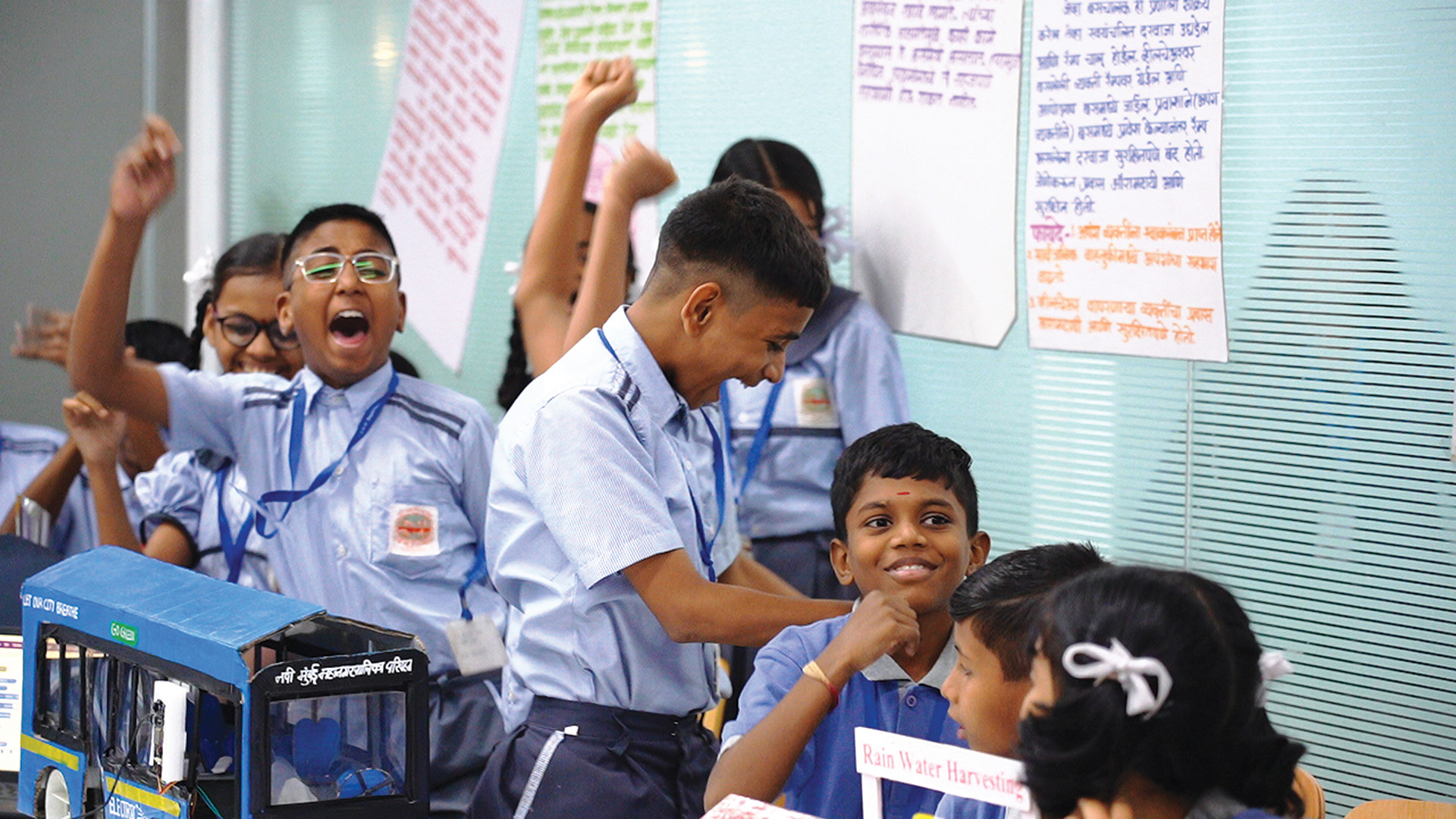
Childhood and youth: Opening doors to education
Education serves as a sturdy foundation and launch pad for youth. Tata companies have numerous programmes to ensure children have access to the start they deserve. The JLR Schools Partnership Programme, for instance, works with 40 under-represented schools across the UK, reaching 40,000 students annually, to inspire them to consider careers in electrical and software engineering, and autonomous technologies.
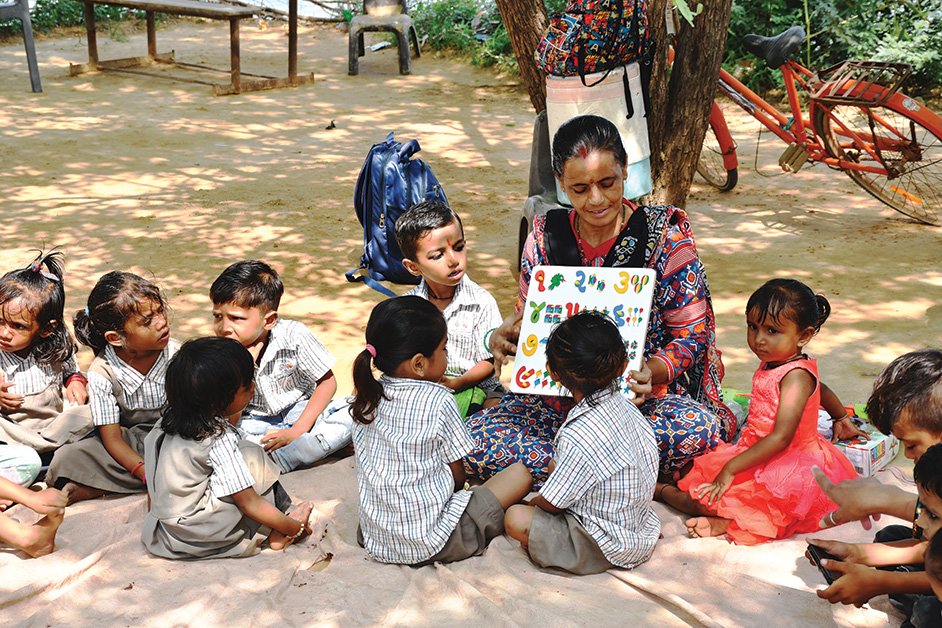
A pioneer in supporting STEM education, Tata Consultancy Services (TCS) launched go Innovate Together (goIT) in 2009 to equip students with future ready skills and inspire them to be innovators. It has empowered 3.5 lakh+ students across 50 countries. Meanwhile, TCS’ Ignite my Future has impacted the lives of ~26 lakh educators and students worldwide since its inception in 2017. Tata Consulting Engineers’ Vigyaan is also addressing disparities in education by bolstering interest in the sciences in secondary government schools.
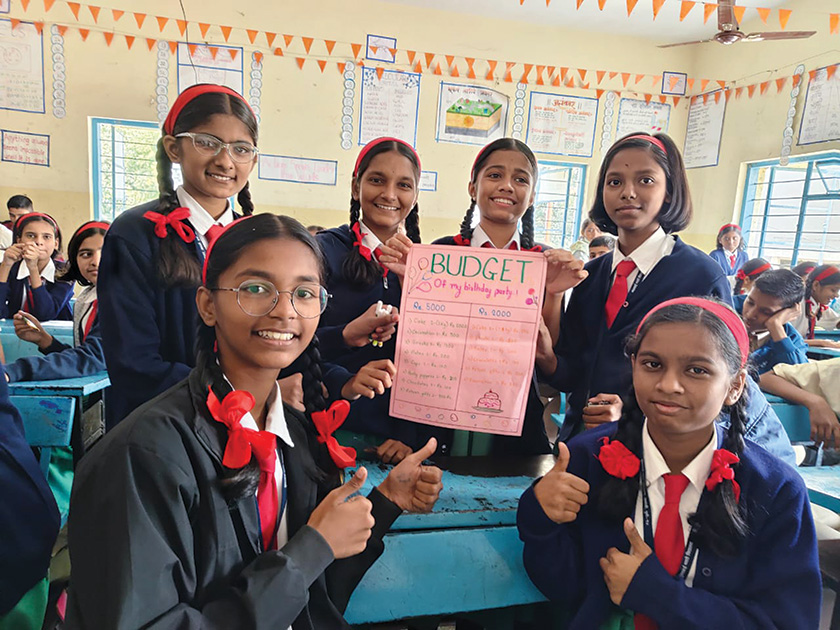

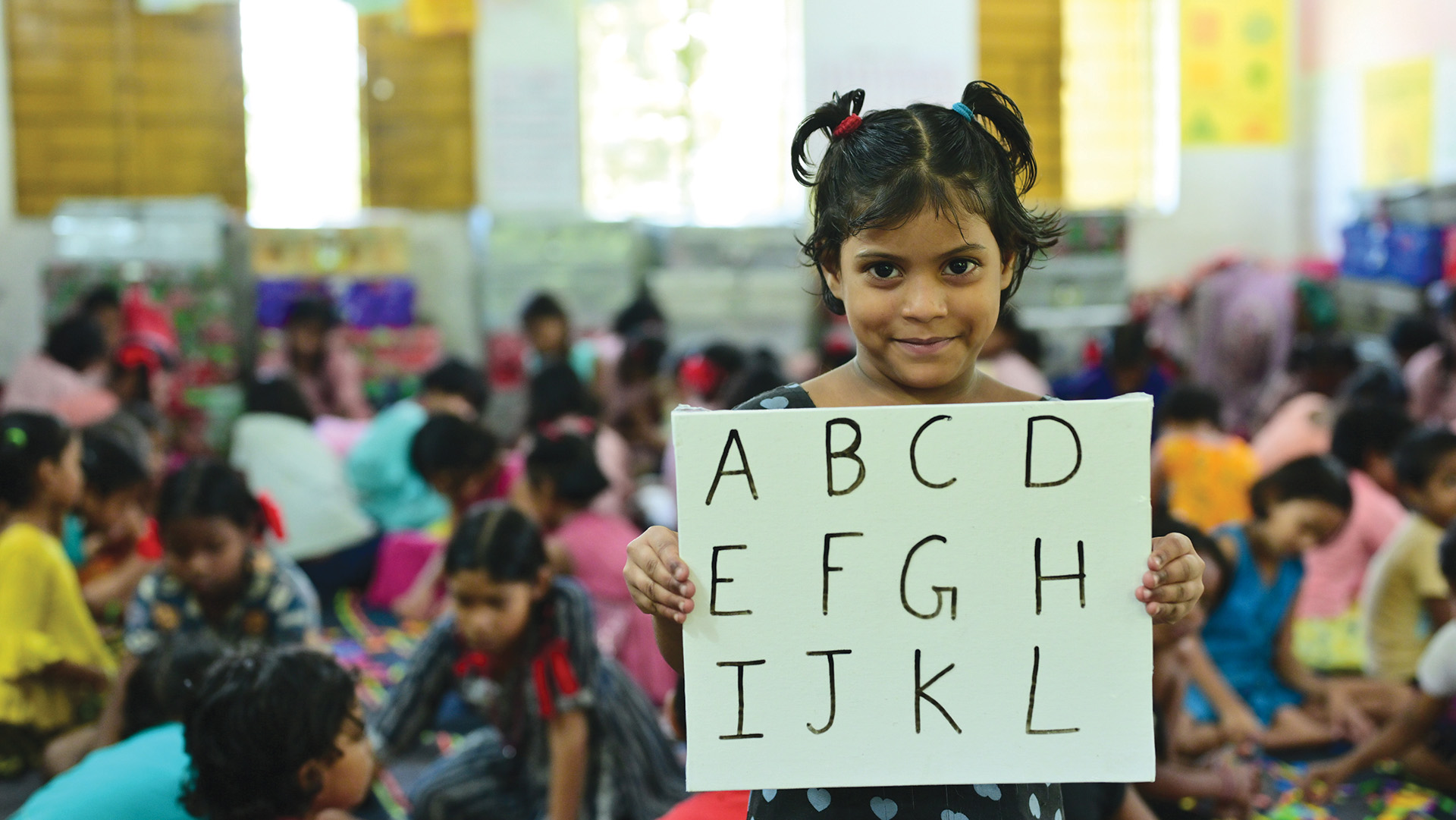
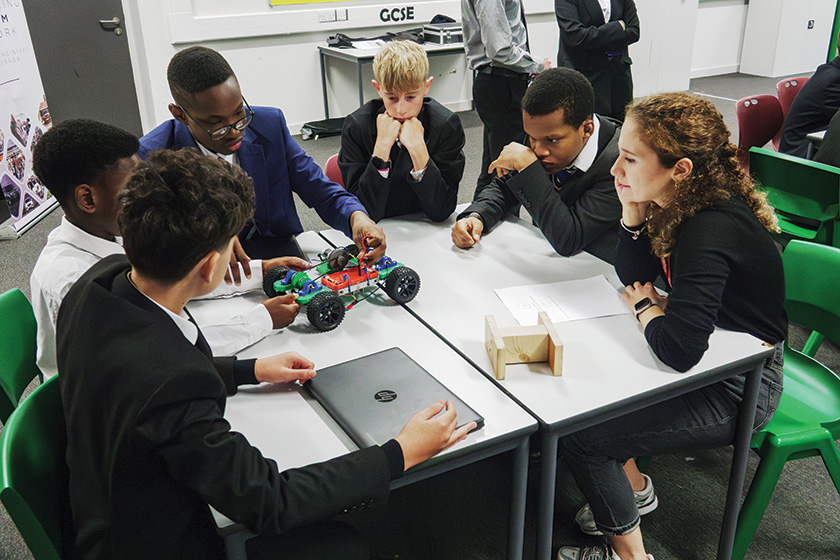
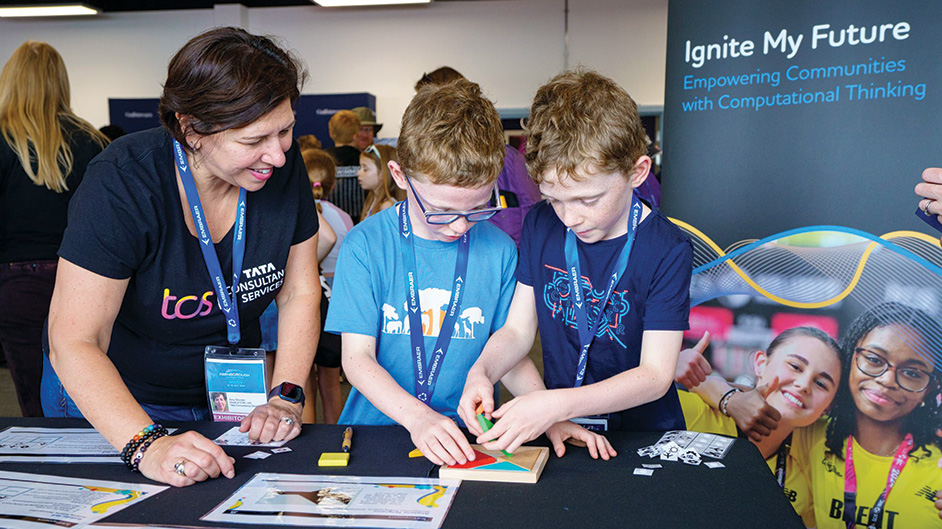
Titan Company’s Kanya and Kanya Sampoorna programmes transformed the lives of 22,000+ and 35,000 girls respectively in FY24, through remedial education, STEM initiatives and life skills coaching in some of India’s most underserved regions.
Tata companies are also deeply invested in supporting at-risk children: from Tata Steel Foundation’s Masti Ki Pathshala, which aims to eliminate child labour (having engaged 10,000+ students in its literacy programme till date), to Tata Chemicals’ collaboration with the American India Foundation’s Learning and Migration Programme to break the cycle of poverty in migrant families, impacting 19,000+ households in FY25. Meanwhile, Trent’s partnership with Salaam Bombay Foundation’s Skills@School Programme helps adolescents acquire vocational skills.
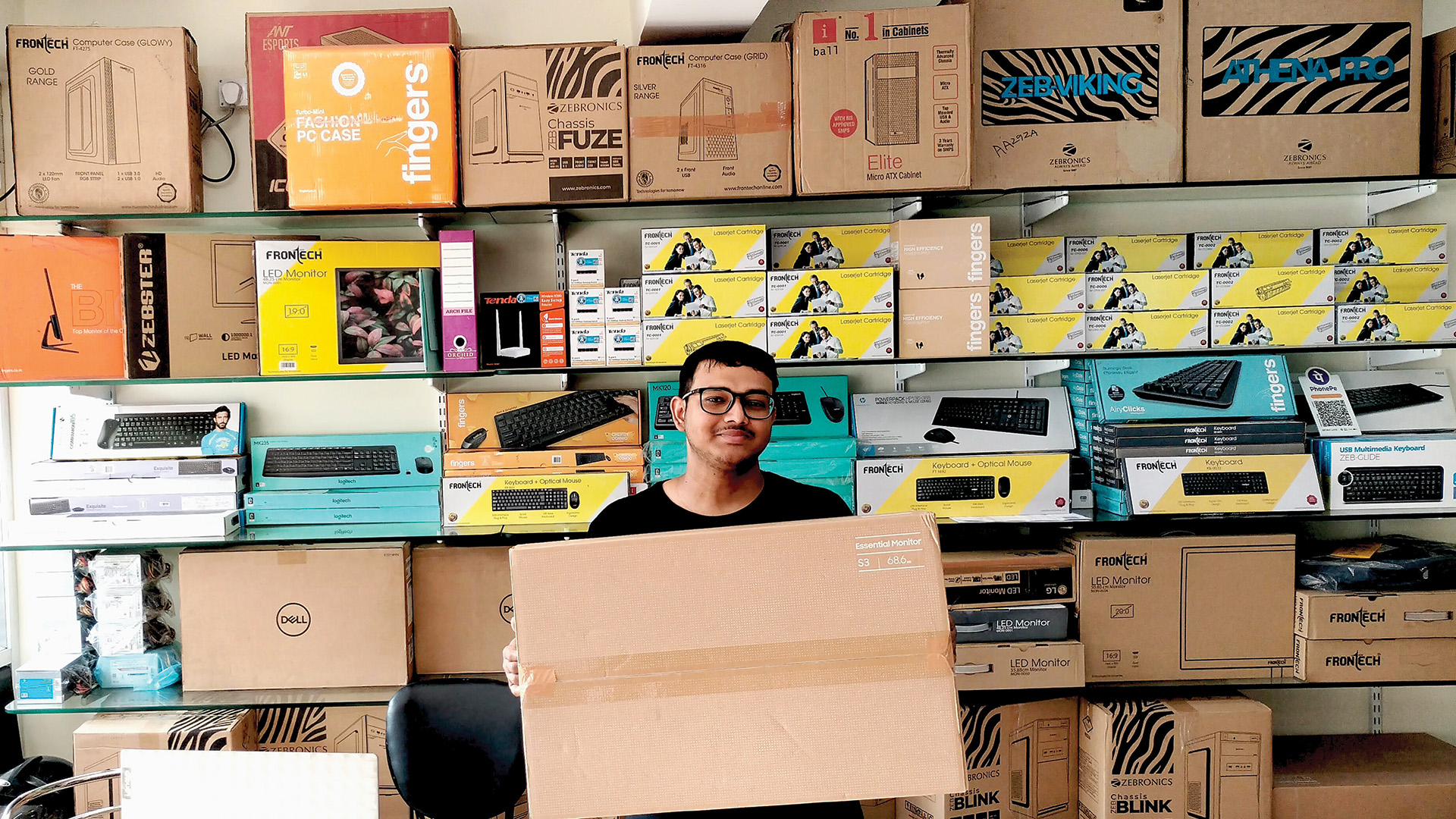
Young adults: Building careers
Tata STRIVE has been at the forefront of skilling disadvantaged youth across India since 2014, and has now expanded its scope to include skilling for entrepreneurship. Its Sakshama programme, in collaboration with the Pimpri Chinchwad Municipal Corporation, has empowered 48,800+ individuals. It also has an Entrepreneurship Development Programme in Odisha, Maharashtra, Gujarat, Uttar Pradesh, West Bengal, Jharkhand, and Jammu and Kashmir. Meanwhile, Tata Communications’ Project Umang – Leading Ahead, in Pune, has empowered 13,000+ women (158 have launched their own microenterprises), including those with disabilities, through skill development and vocational training.
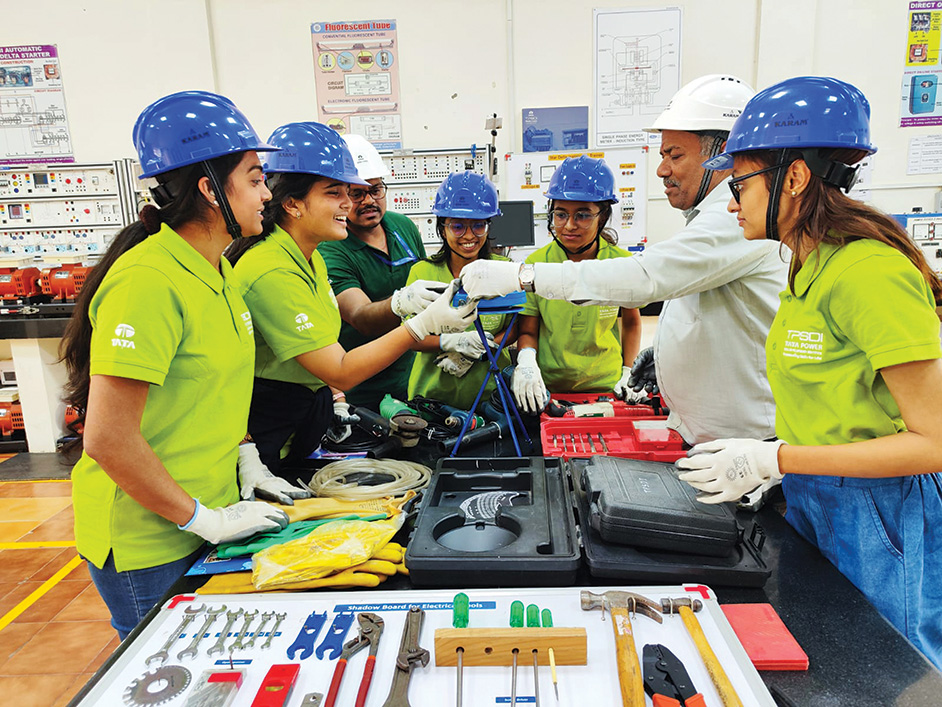
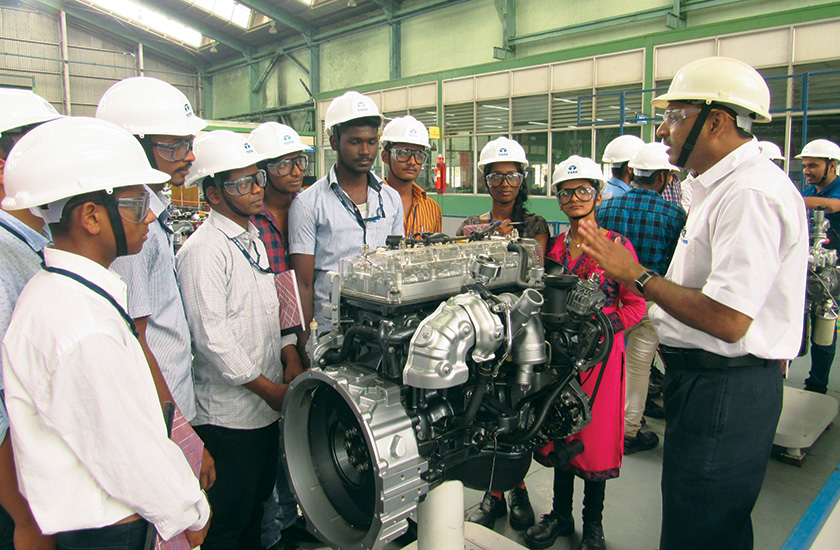
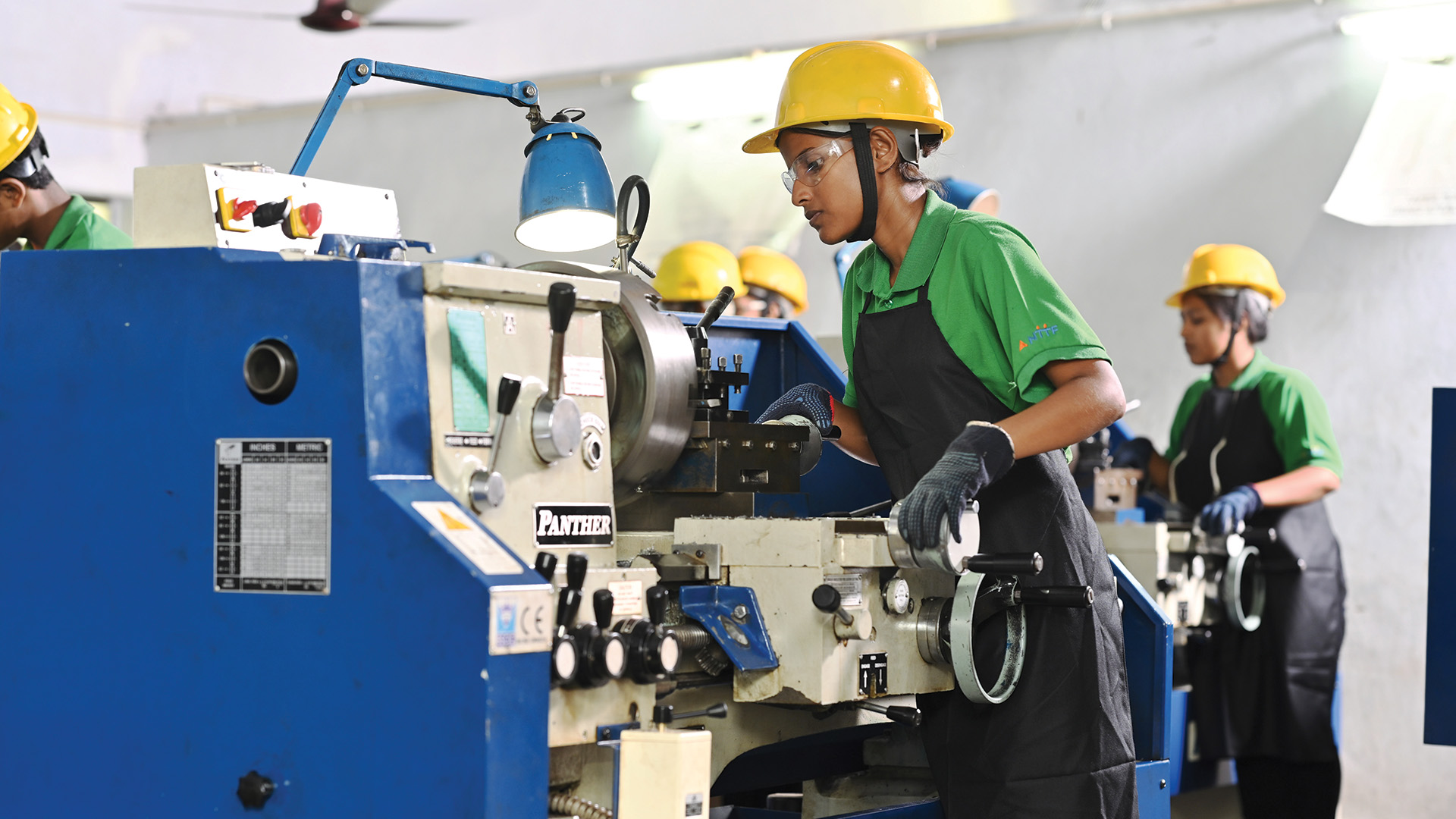
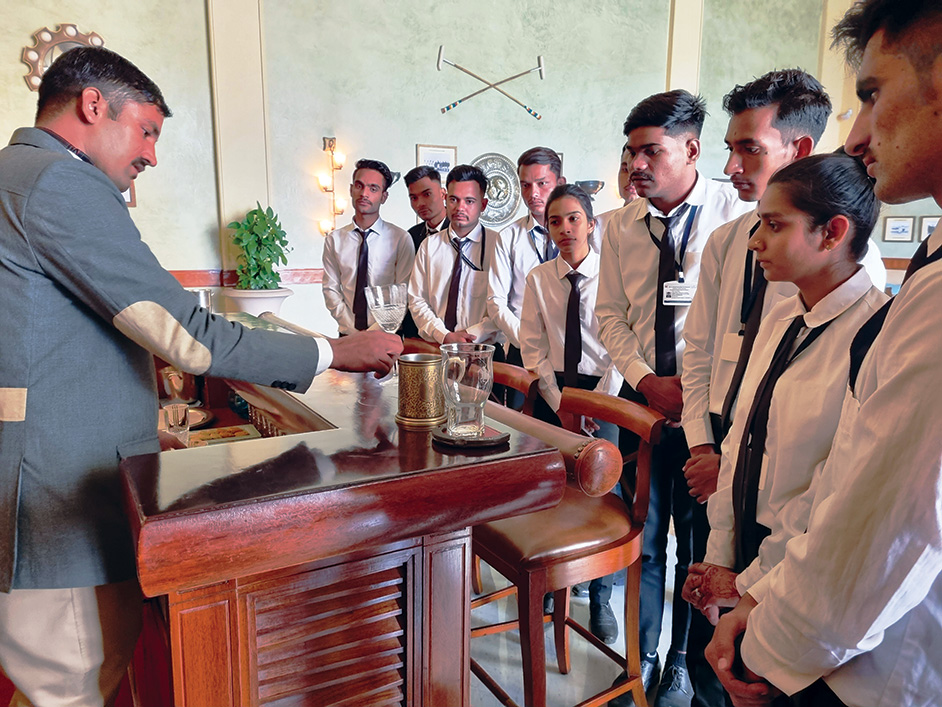
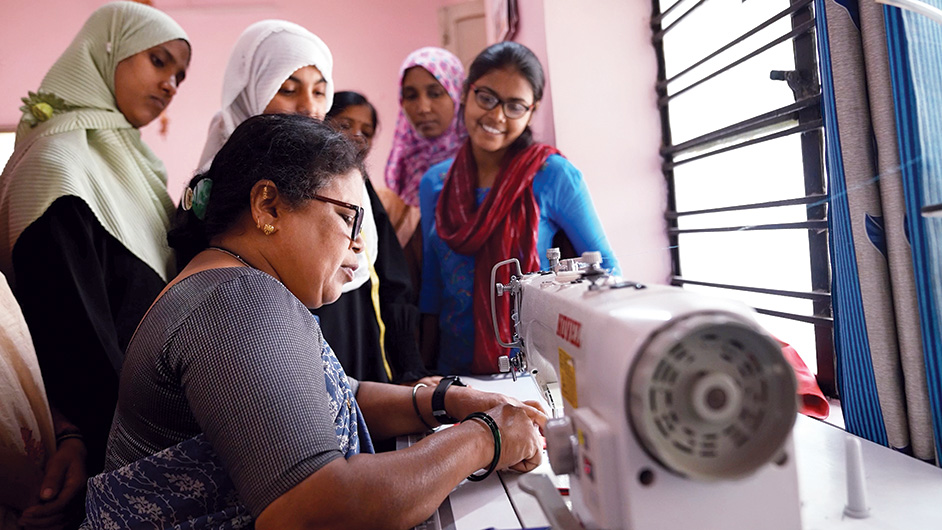
Tata companies are also making a difference. Tata Steel’s industrial training institutes (ITIs), diploma courses and multi-skill development centres successfully placed 2,230 candidates in FY25. The Titan Skill Development intervention equipped 40,000+ underprivileged youth in FY24 with market-relevant skills through its skilling centres, partner organisations, government ITIs and Tier 3 and 4 engineering colleges.
Tata companies also provide industry-specific training to meet their sector’s demands. Through its Learn, Earn and Progress programme, Tata Motors has skilled ~16,000 youth. Tata Power Skill Development Institute (TPSDI) has trained 3.4 lakh+ youth for the power and clean energy sectors through 11 centres, while the company’s Roshni programme has 56 vocational training centres in 11 states.
IHCL’s 52 skill centres in 25 cities aim to train 1 lakh youth in the hospitality sector by 2030. And TCS’ Youth Employment Program has upskilled 1.85 lakh youth from marginalised communities to positively impact their families’ lives.
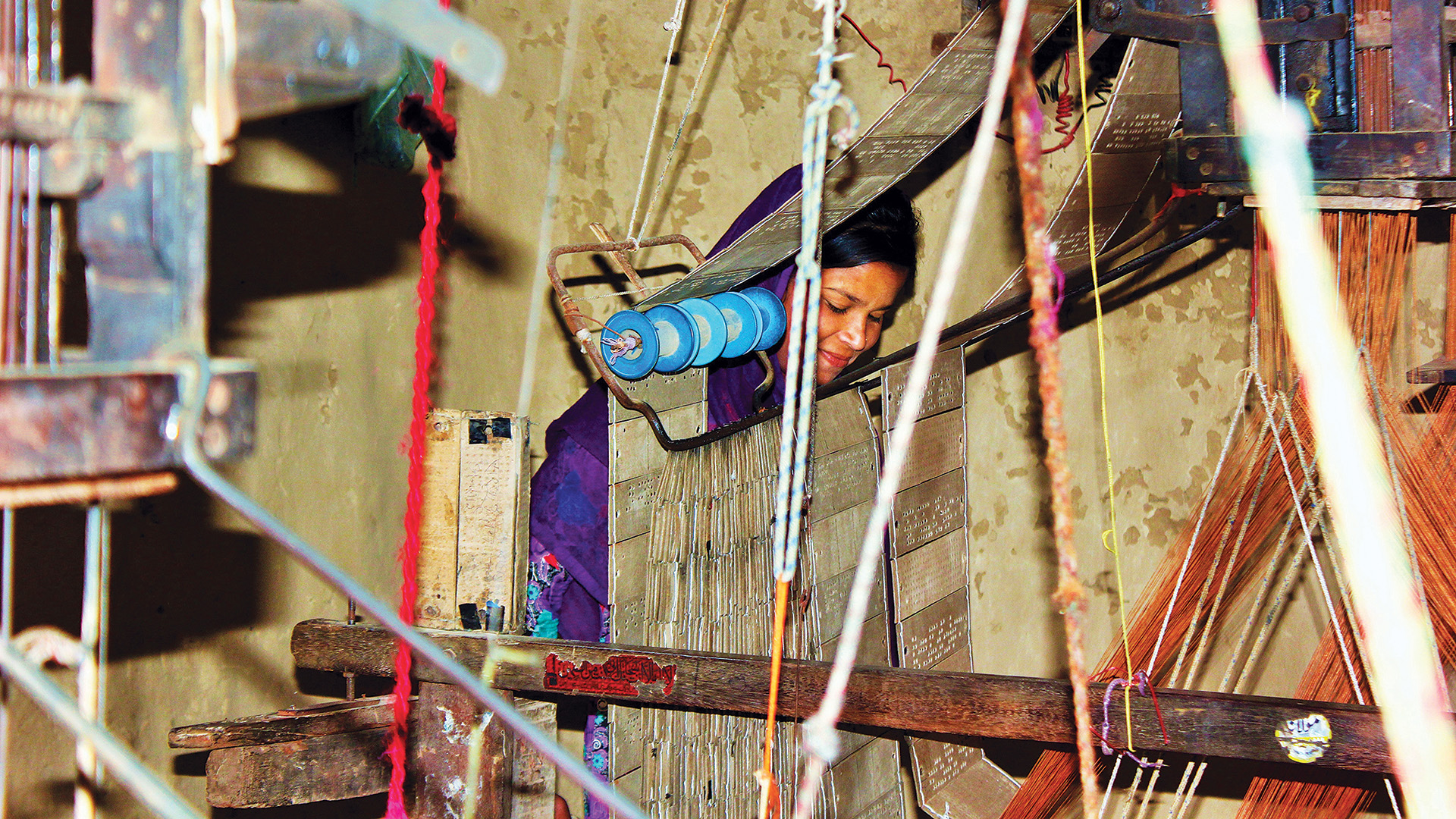
Creating opportunity: Empowerment through livelihoods
Whether it’s women from disadvantaged groups who rediscover their value through work or people in rural India who grow their wealth through timely interventions — Tata companies are empowering struggling communities with the dignity of livelihoods.
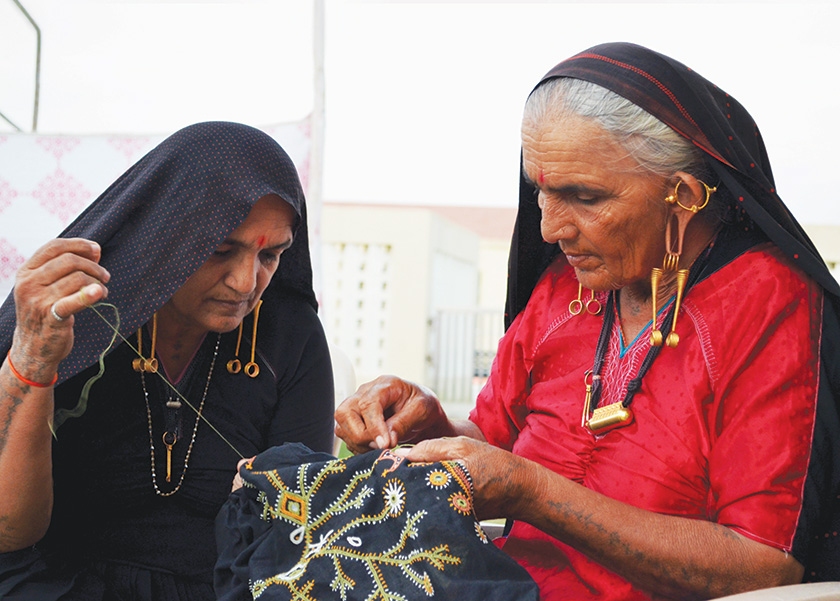
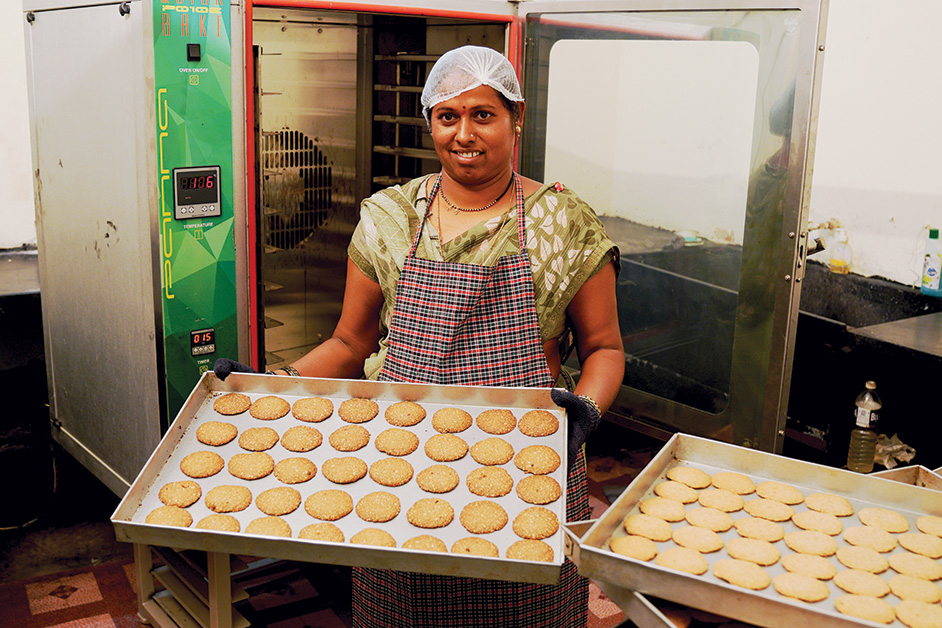
While Tata Power’s Anokha Dhaaga has positively impacted 29,000 unskilled and semi-skilled women through upskilling and mentorship, its Abha programme offers women in semi-urban and slum areas technical training in metering, billing, and collections, and employment in the energy sector. The latter has expanded to 3,000+ SHG members.
TCS’ BridgeIT programme has produced a legion of 1,800+ community-based digital entrepreneurs (88% are women and 52% from marginalised communities), who are, in turn, creating a positive impact for 7 lakh+ people across 4,400 villages. Tata Communications’ Lakhpati Kisan - Smart Villages 2.0 has impacted 12,000+ lives in rural tribal communities through high-value agricultural practices to improve incomes. Additionally, Tata Chemicals Society for Rural Development’s Unnati initiative is enhancing farm-based livelihoods through agricultural interventions and livestock management.
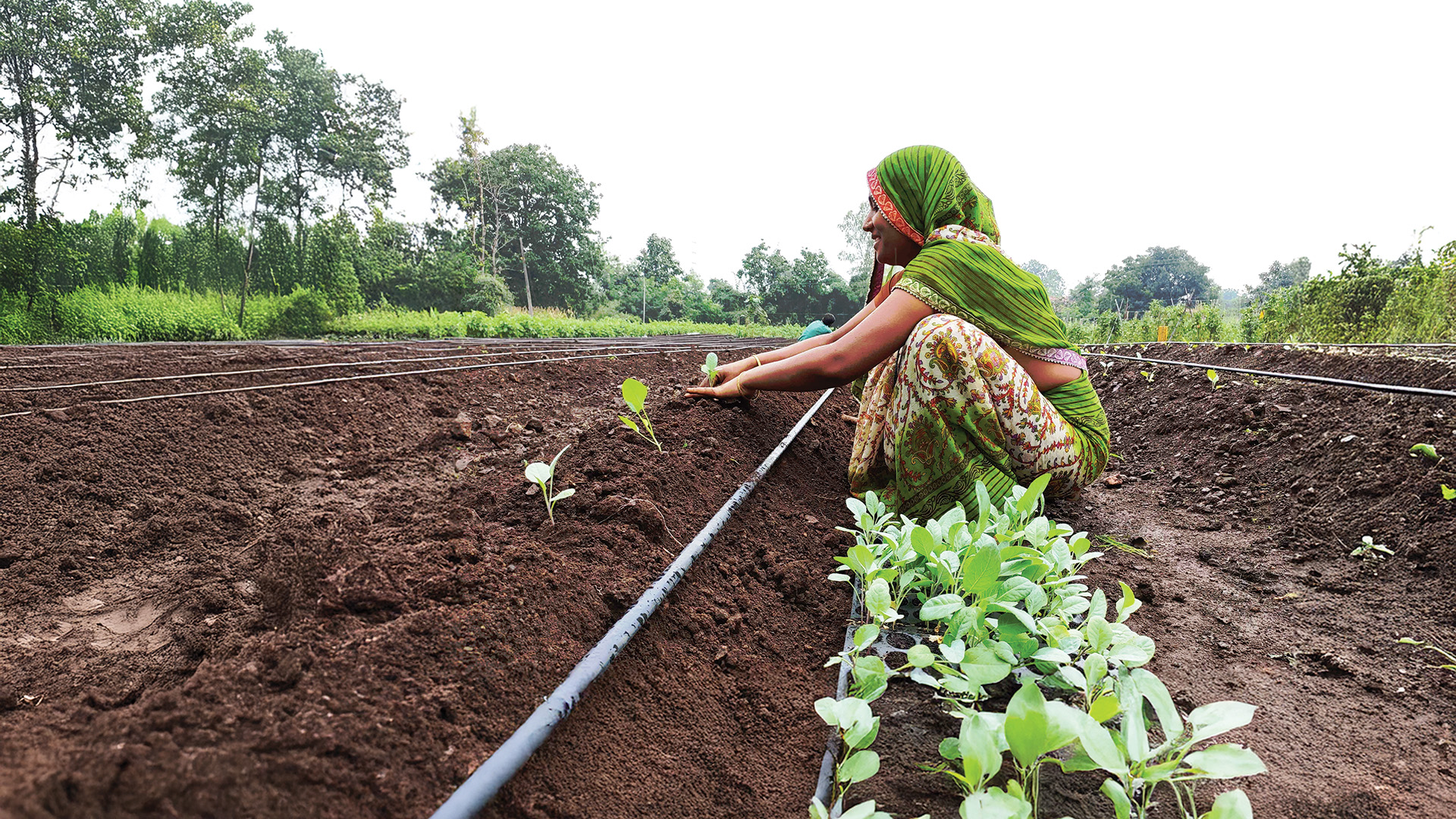
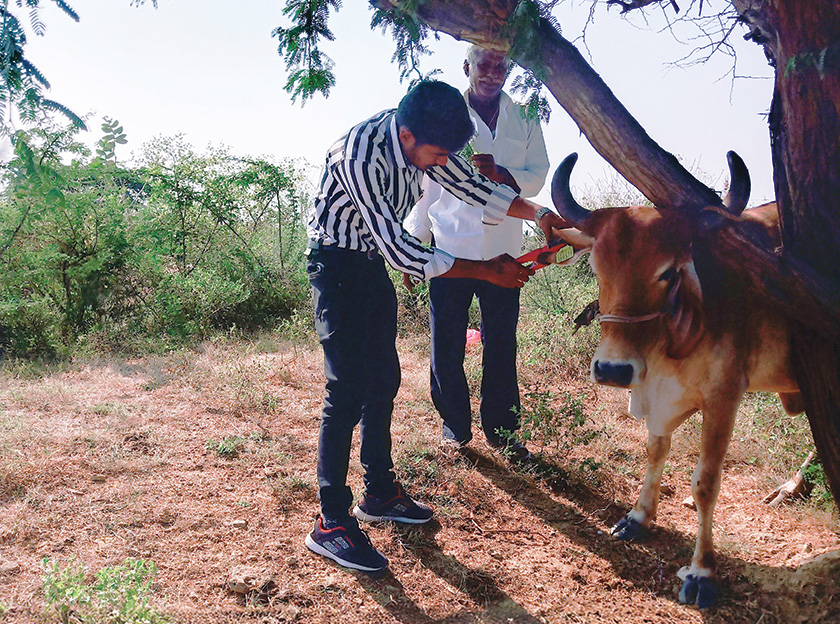
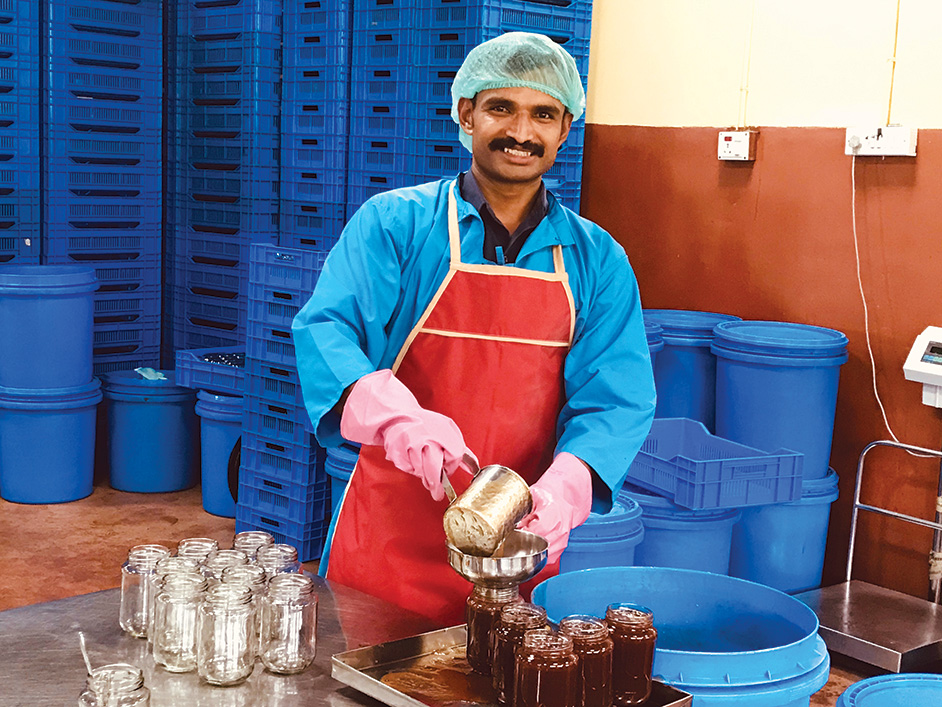
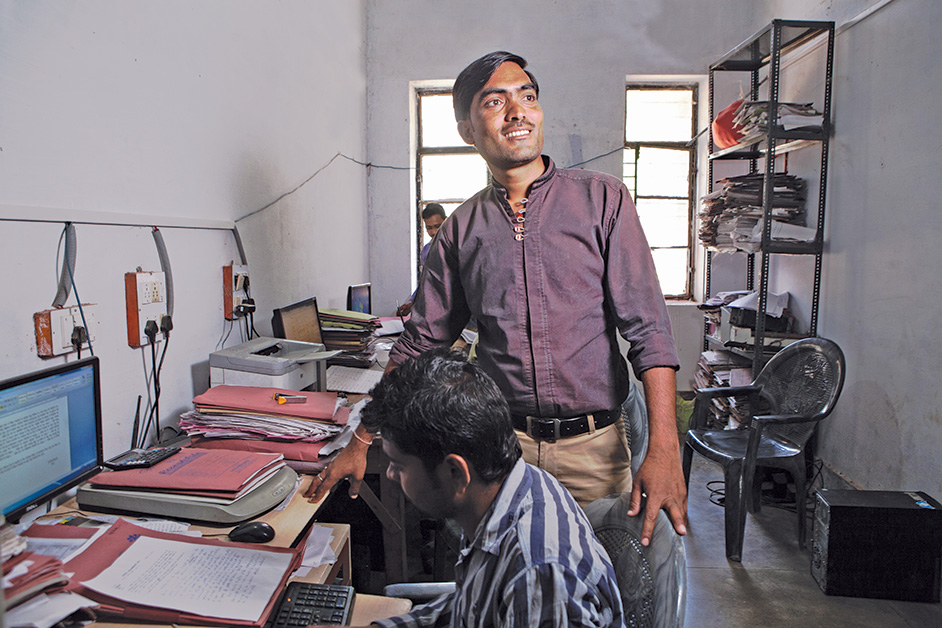
Tata companies are also supporting employment in the arts. IHCL is amplifying livelihoods for Varanasi’s weavers by upgrading training classrooms, as well as handlooms. Meanwhile, Tata Consumer Products supports Srishti Charitable Trust to rehabilitate differently abled children, by ensuring they have sustainable livelihoods as adults.
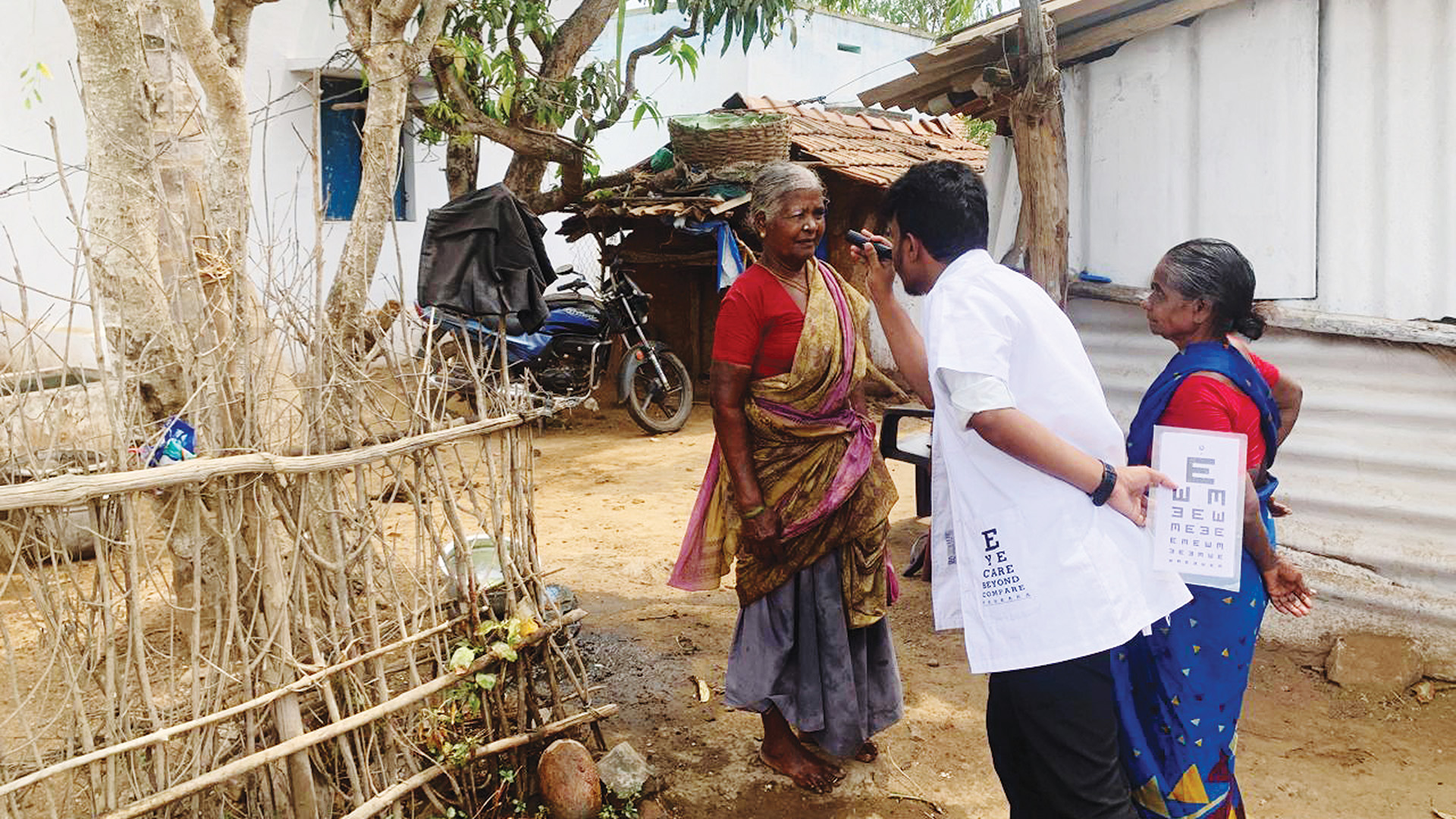
The later years: Promoting dignity, learning, and inclusion for the elderly
The golden years can be some of the hardest for many, with deteriorating health, inadequate finances and crippling loneliness infusing everyday life. Through institutional efforts and volunteering programmes, Tata companies are making efforts to reach out to this segment of seniors who deserve dignity in their final years.
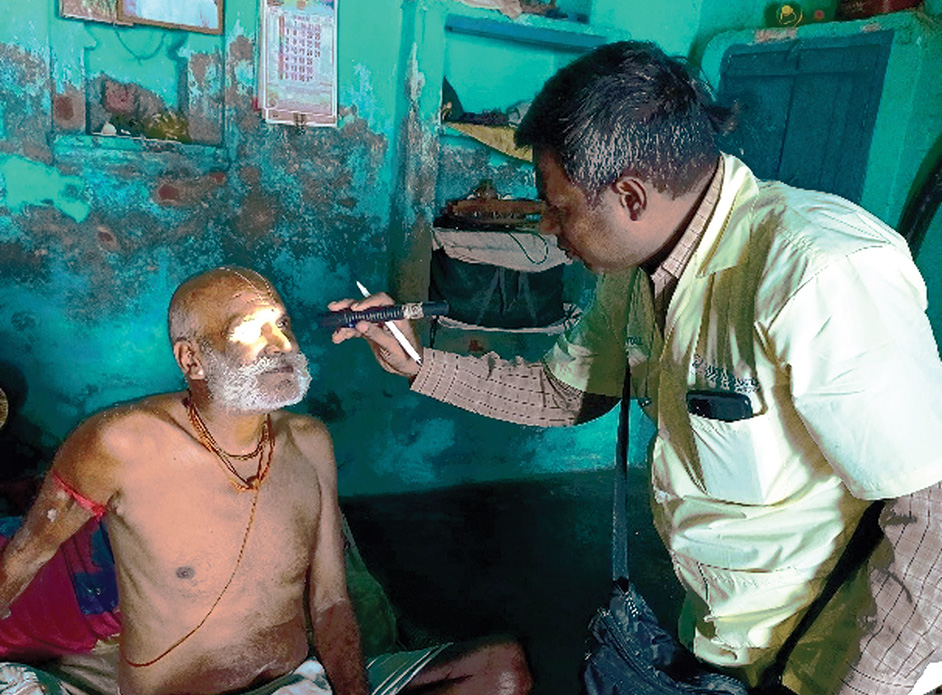
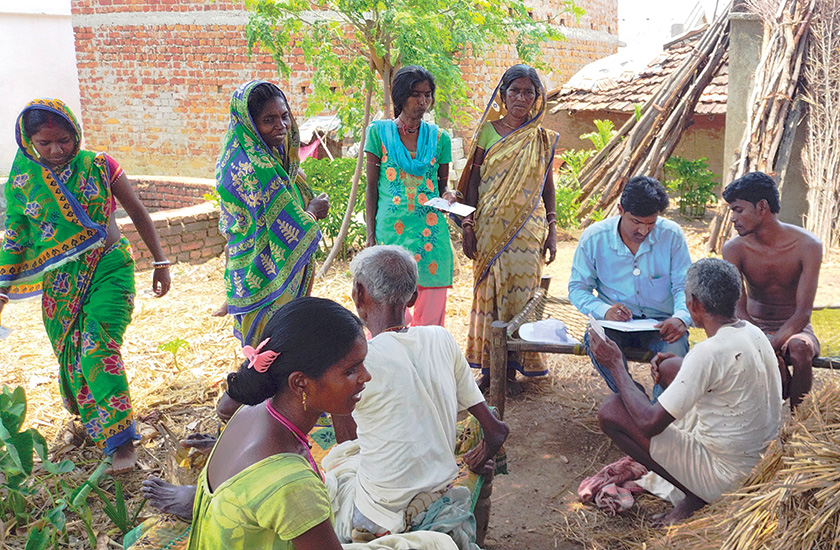
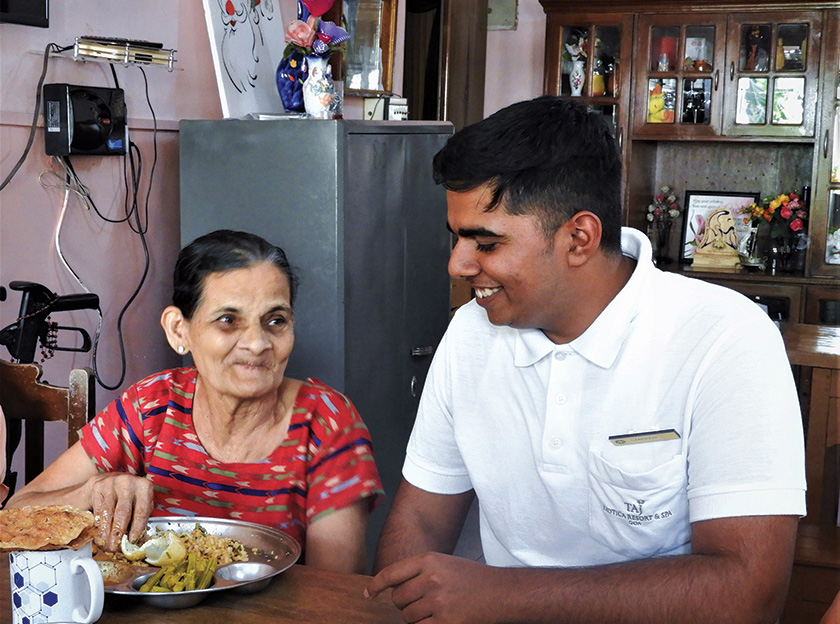
Dwindling eyesight is a serious concern in old age, impeding the elderly’s independence and zest for life. Tata Capital’s Aarogyatara aims to eradicate curable blindness by providing inclusive primary eye care for underserved and rural communities — including many senior citizens — in Maharashtra, Bihar, Uttar Pradesh, Karnataka and Tamil Nadu.
Similarly, Gift of Vision was the first initiative under Titan Company’s Happy Eyes. The rural eye care programme for the elderly leverages established community networks to identify those with vision impairments and provide them with free surgical treatment, transportation, accommodation, medication and post-operative care.
Tata Motors’ Antyoday Bhawan, an old age home for leprosy patients, provides free medical treatment along with boarding and lodging, with over 4,000 patients treated since its inception.
Lastly, various Tata companies conduct volunteering programmes through which employees across the Group can offer the elderly in old age homes moments of celebration and companionship. True to the ethos of the Group, employees have consistently stepped up to the plate to make the lives of the most vulnerable groups in our community just a little better.
—Anuradha Anupkumar











